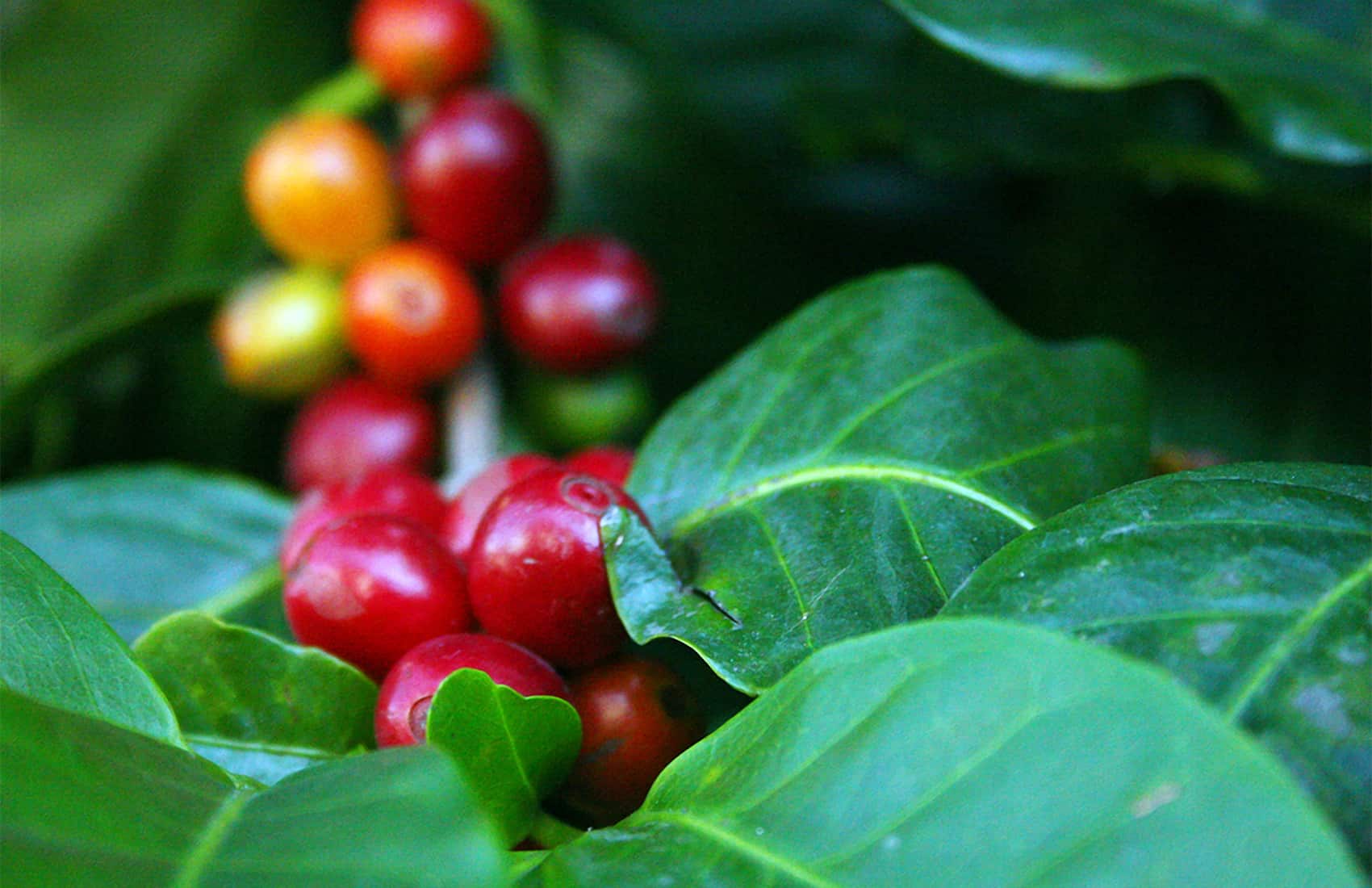Los Santos, renowned as the heartland of Costa Rican coffee cultivation, is poised for a groundbreaking transformation in its production methods. The initiative, known as BIO-Café, spearheaded by a collaboration between CoopeTarrazú cooperative, the CRUSA Foundation, and the Tecnológico de Costa Rica, aims to revolutionize 50 coffee farms in the region towards a more sustainable and eco-friendly approach.
BIO-Café represents a pioneering effort to tackle the pressing climatic and economic challenges confronting local coffee producers. By embracing sustainable practices, the project endeavors to enhance resilience, improve product quality, and ensure the preservation of natural resources crucial for coffee cultivation.
The project promotes water and biodiversity conservation, contributes to climate change mitigation, and reinforces crop resilience through the adoption of environmentally friendly agricultural techniques and the utilization of bio-inputs.
These sustainable practices not only benefit the environment but also elevate the quality of the coffee beans, offering consumers a superior product characterized by enhanced flavor, aroma, and consistency.
Flora Montealegre, Executive Director of the CRUSA Foundation, emphasized the significance of technological innovation.
“With BIO-Café, we directly contribute to enhancing the sustainability of one of Costa Rica’s foremost coffee-producing regions, ensuring its continued prominence in international markets,” stated Montealegre.
The project comprises three pivotal components: the implementation of sustainable agricultural technologies to mitigate pollution and soil degradation while reducing greenhouse gas emissions, a scientific endeavor aimed at enhancing the efficacy of bio-inputs utilized in coffee plantations, and the development of a comprehensive commercialization strategy for bio-inputs at the national level.
The Los Santos area holds immense importance in Costa Rica’s coffee production landscape, accounting for 40.5% of the national harvest in 2023. Tarrazú, in particular, stands out as the canton with the highest yield, contributing 14% to the national production.
Jimmy Porras, Coordinator of Research, Development, and Innovation at CoopeTarrazú, underscored the cooperative’s commitment to fostering sustainability and productivity among associated coffee producers.
The collaboration between the CRUSA Foundation, the Tecnológico de Costa Rica, and CoopeTarrazú exemplifies a concerted effort to bolster the sustainability of coffee production in the Los Santos area.
Bio-inputs, derived from biological sources, offer a promising avenue to promote plant growth, enhance soil health, and control pests and diseases in an environmentally responsible manner, signaling a promising future for Costa Rica’s coffee industry.






